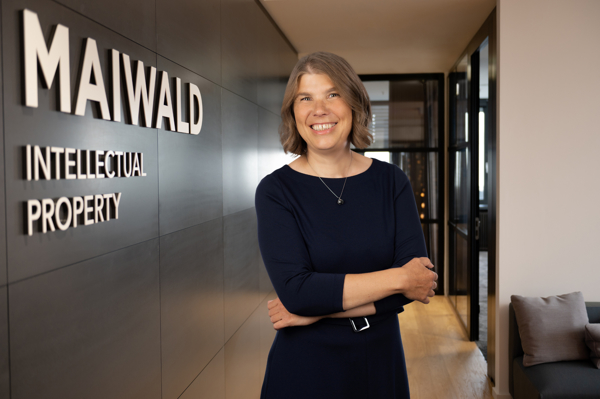In two decisions dated 27.01.2020, the EPO’s Receiving Section refused two patent applications (EP 3 563 896 A1 and EP 3 564 144 A1) in which an AI program (DABUS) was designated as the sole inventor.
According to the applicants, the AI “identified the novelty of its own idea before a natural person did”. By designating the AI as the inventor, the work of the creators of the AI would be appreciated. The purpose of naming the inventor is to correctly inform the public, which would be misled if a natural person were to be named instead of the AI. This would also contradict the requirements of national law. If it were not allowed to name an AI as inventor, AI inventions would not be patentable. Moreover, the applicant had acquired the right to the patent as the owner of the AI.
In the opinion of the Receiving Section, the designation of an AI as inventor does not meet the requirements of Article 81 and Rule 19(1) EPC. The right to be named as inventor is first and foremost a personality right, which can only be granted to natural persons. In the Travaux Preparatoires to the EPC and several decisions of the EPO Boards of Appeal, the inventor is continuously referred to as a “natural person”. Legal entities are also denied the right to be named as inventors, although this possibility was discussed in the negotiations on the EPC. This principle must apply all the more to an AI, which is a thing, and therefore cannot have any rights and, in particular, cannot have any “ownership rights” to its output, i.e., the invention. In addition, the questions of designating the inventor and patentability must be strictly separated. If there was any doubt about the accuracy of the designation of the inventor, for example because an AI was the inventor instead of a natural person, the matter would have to be clarified by the national courts.
As the applicant was not willing to correct the designation of the inventor, the Receiving Section, after oral proceedings, refused both applications. An appeal against these refusals has already been filed.
Full text of the decisions:
https://register.epo.org/application?documentId=E4B63SD62191498umber=EP18275163ng=enpl=false
https://register.epo.org/application?documentId=E4B63OBI2076498umber=EP18275174ng=enpl=false

